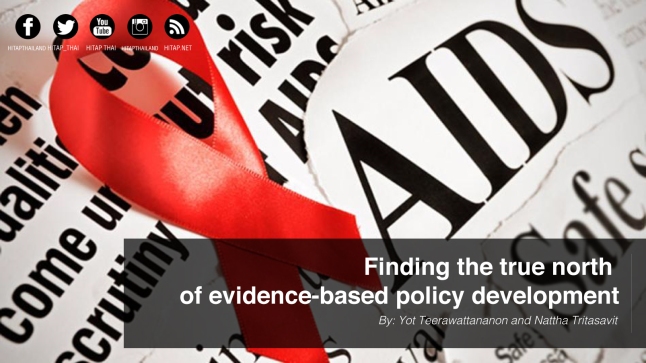By: Alia Luz, Health Intervention and Technology Assessment Program (HITAP)
In 2007, there were an estimated 58 million deaths worldwide and, according to the WHO, more than half (35 million) were caused by chronic diseases. Another study estimates that deaths caused by chronic diseases will rise to 50 million in 2020. The economic burden of these diseases is enormous. By 2015, an estimated reduction of 5% on GDP will be due to funds channeled into healthcare spending on just two of these diseases – diabetes and cardiovascular disease. Studies show that low- and middle-income countries, elderly patients, and those coming from lower income brackets bear the brunt of the increasing risk and economic burden of these diseases. Despite this, chronic kidney disease (CKD) is generally not included in the list of priorities for governments and international donors. And with governments around the world committing to Universal Health Coverage (UHC) for their citizens, priority-setting for treatments of chronic diseases – and CKD – is a must.
Continue reading
